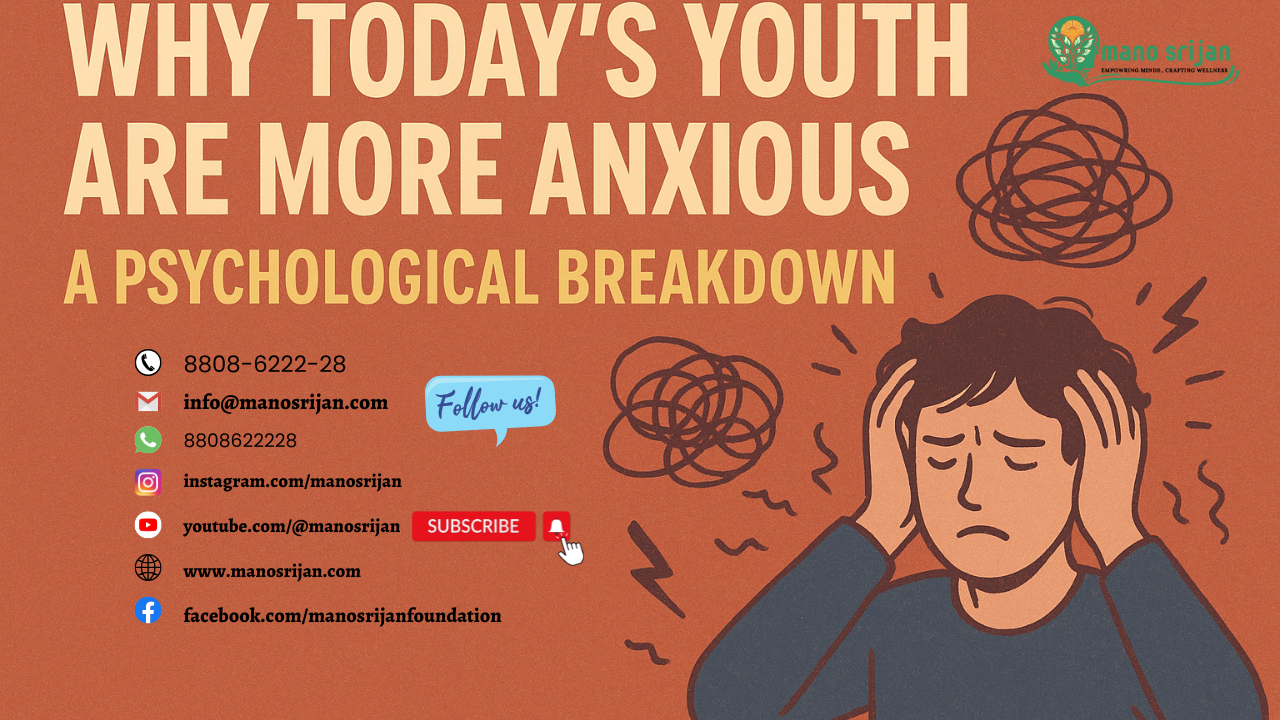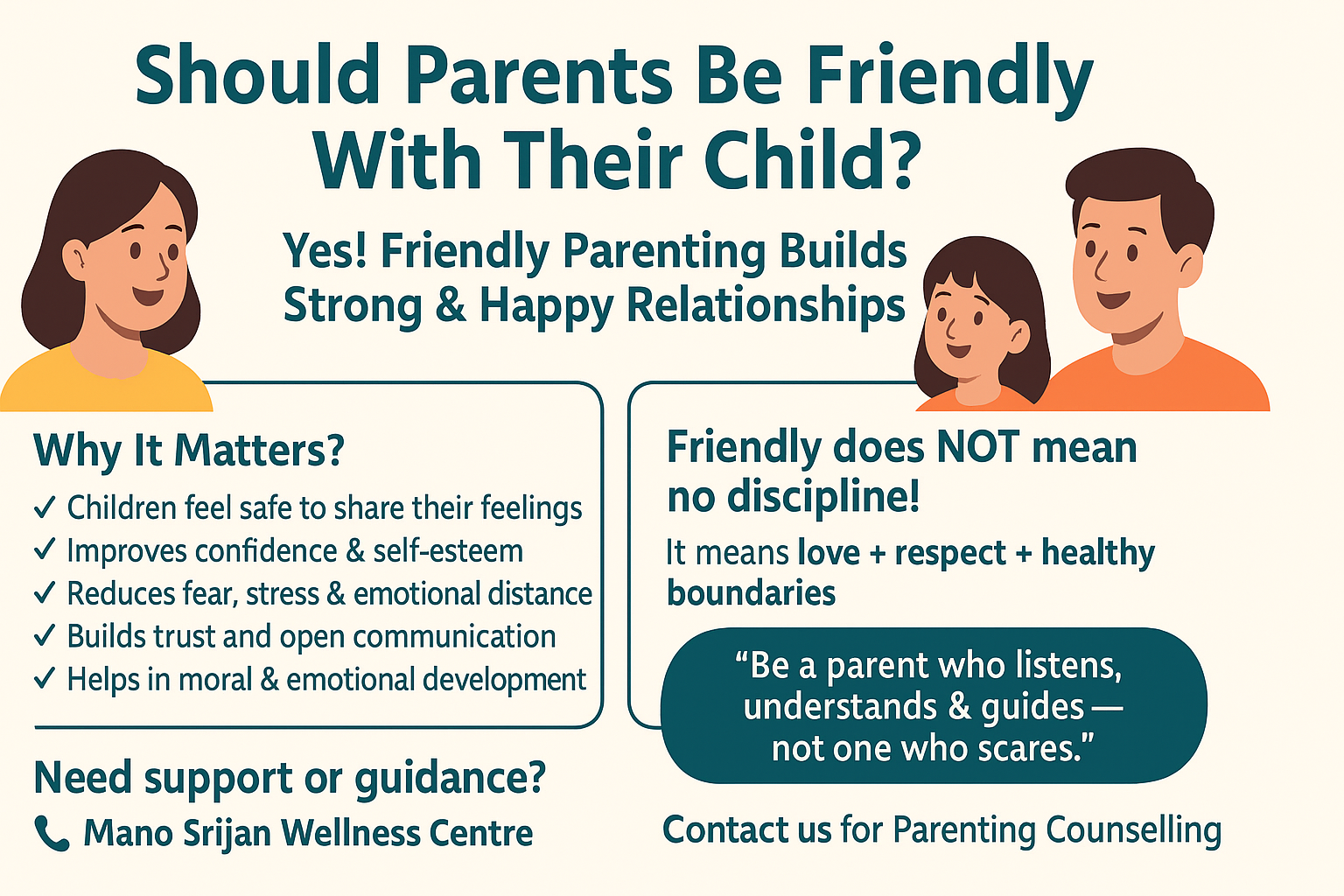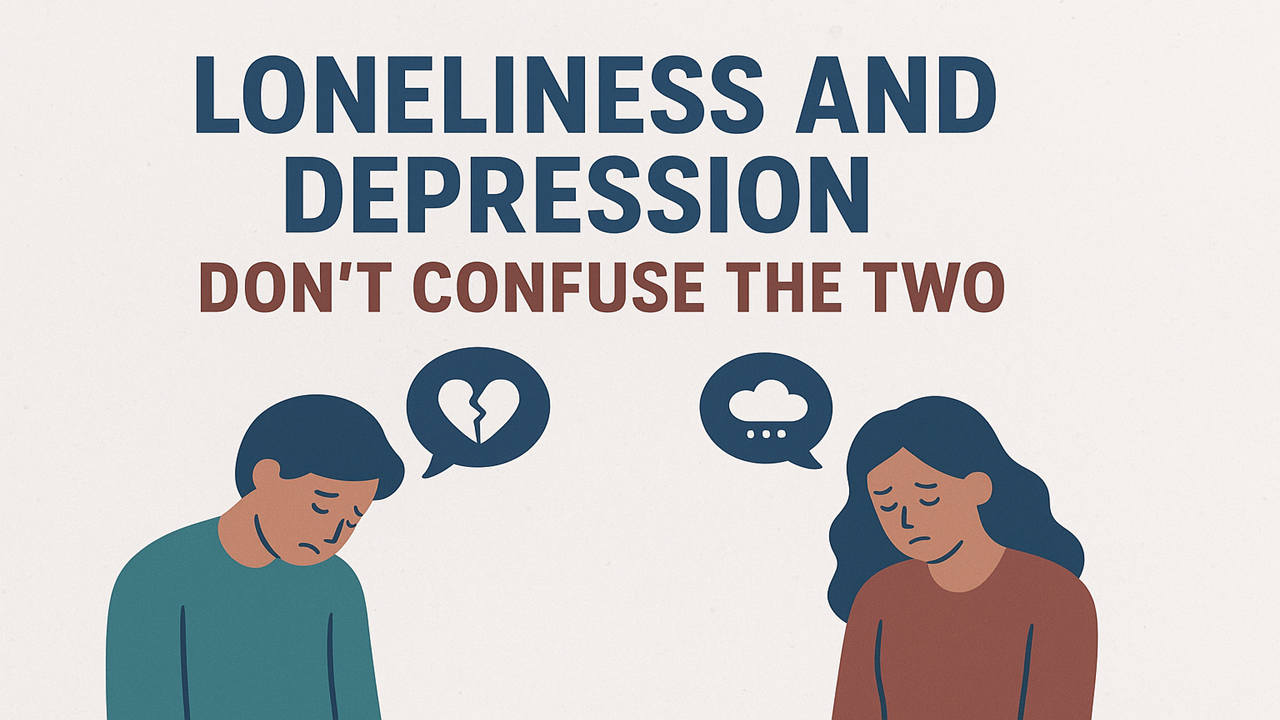.jpeg)
- 23 Jan 2025
- Psy. Ashish Pandey
What is Trauma? Understanding Its Impact on Mental Health
Trauma refers to an emotional or psychological response to
deeply distressing or disturbing events that overwhelm an individual’s ability
to cope. These events often involve a sense of helplessness, fear, or a loss of
control and can have lasting effects on mental, emotional, and physical
well-being. Trauma can be acute, resulting from a single event, or chronic,
arising from prolonged exposure to distressing circumstances.
Types of Trauma
- Acute
Trauma: Stemming from a single incident, such as an accident, assault,
or natural disaster.
- Chronic
Trauma: Resulting from prolonged or repeated exposure to distressing
events, such as abuse, neglect, or domestic violence.
- Complex
Trauma: Occurring when a person experiences multiple traumatic events,
often within a relational or interpersonal context.
- Secondary
or Vicarious Trauma: Affecting individuals indirectly exposed to
trauma, such as caregivers, therapists, or first responders.
Common Sources of Trauma
- Physical
or emotional abuse
- Loss
of a loved one
- Serious
illness or injury
- Witnessing
violence
- Natural
disasters
- War or
displacement
Impact of Trauma on Mental Health
Trauma can significantly affect mental health, manifesting
in various ways:
- Post-Traumatic
Stress Disorder (PTSD): A condition characterized by intrusive
memories, flashbacks, avoidance behaviors, and hyper arousal.
- Anxiety
and Depression: Trauma often triggers heightened anxiety, persistent
sadness, or hopelessness.
- Dissociation:
Feelings of detachment from oneself or reality, often as a coping
mechanism.
- Substance
Abuse: Some individuals may turn to drugs or alcohol to manage
emotional pain.
- Relationship
Challenges: Trauma can impact trust, communication, and intimacy in
relationships.
Signs and Symptoms of Trauma
- Emotional:
Anger, irritability, sadness, or emotional numbness.
- Physical:
Fatigue, headaches, or gastrointestinal problems.
- Cognitive:
Difficulty concentrating, memory issues, or intrusive thoughts.
- Behavioral:
Avoidance, social withdrawal, or self-destructive behaviors.
Healing from Trauma
Trauma is treatable, and recovery is possible with the right
support and interventions:
- Therapy:
- Cognitive
Behavioral Therapy (CBT): Helps reframe negative thought patterns.
- Trauma-Focused
Therapy: Tailored specifically to address trauma, such as EMDR (Eye
Movement Desensitization and Reprocessing).
- Support
Systems: Engaging with trusted friends, family, or support groups can
foster healing.
- Self-Care:
Prioritizing activities that promote relaxation and well-being, like
exercise, mindfulness, or journaling.
- Professional
Help: Consulting mental health professionals for personalized care.
Conclusion
Trauma is a powerful force that can reshape an individual’s
perception of the world, themselves, and their relationships. Understanding its
impact on mental health is essential for fostering empathy, creating supportive
environments, and guiding those affected toward healing. While the effects of
trauma can be profound, recovery is possible with the right resources and
compassionate care.






